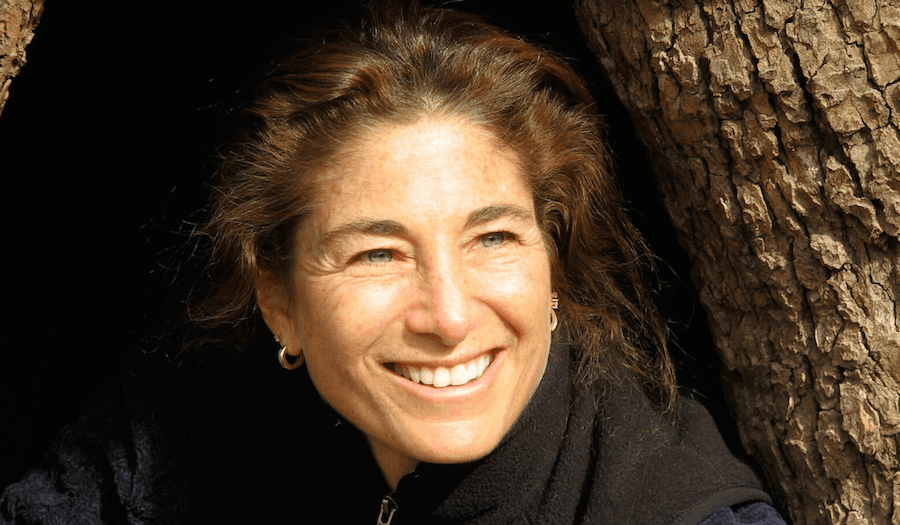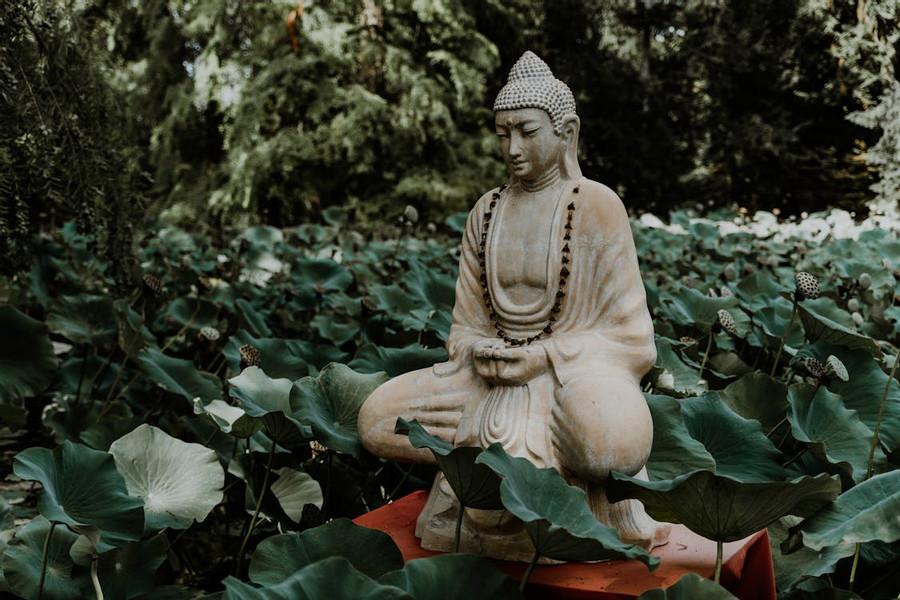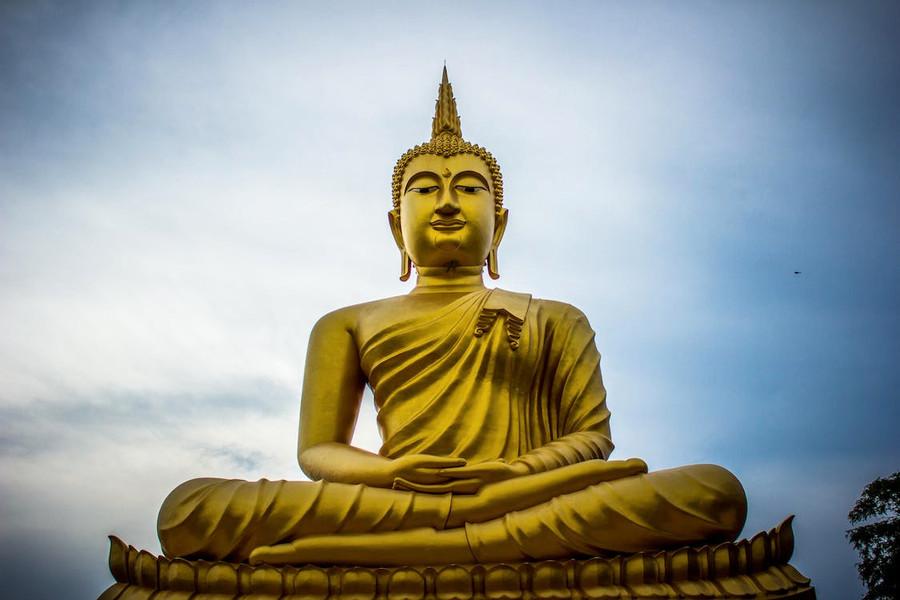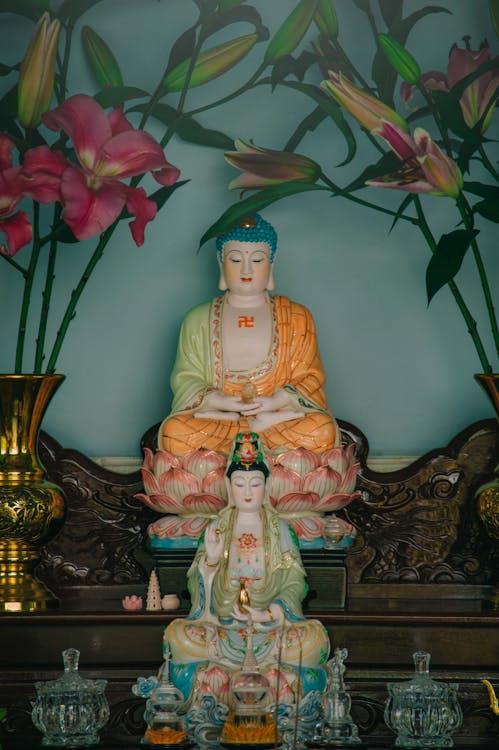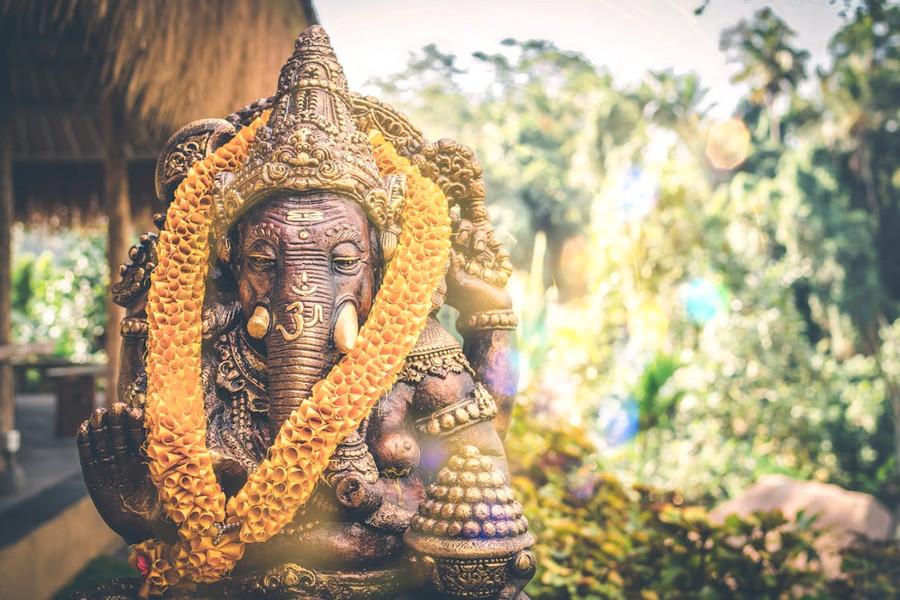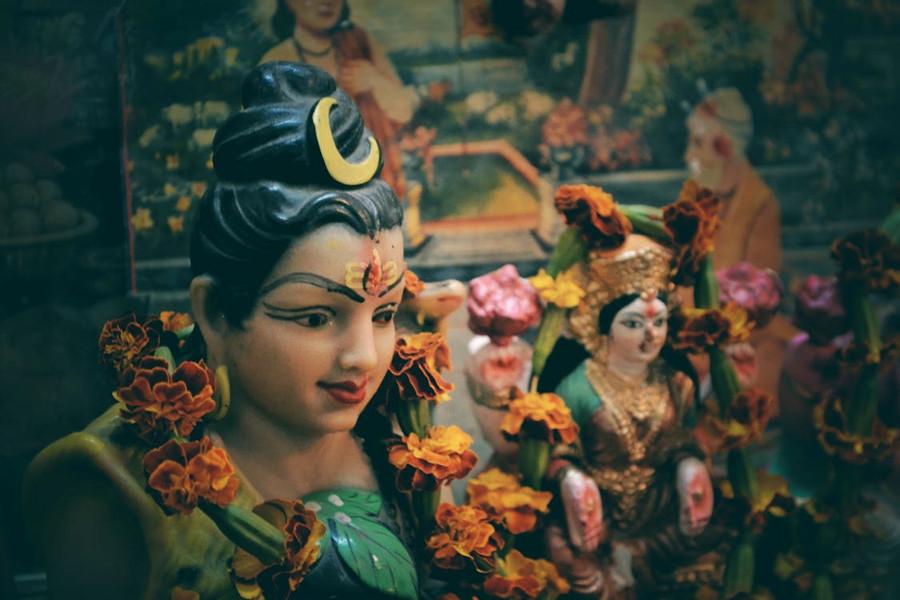Courtney Abbott's Key Ideas from Radical Acceptance
by Tara Brach
Ideas, facts & insights covering these topics:
16 ideas
·17K reads
79
1
Explore the World's Best Ideas
Join today and uncover 100+ curated journeys from 50+ topics. Unlock access to our mobile app with extensive features.
Clearly recognizing what is happening inside us, and regarding what we see with an open, kind and loving heart, is what I call Radical Acceptance.
TARA BRACH
152
3.03K reads
The Two Pillars: Learning To Pause
Radical acceptance has two pillars: learning to observe our experience clearly and how to be compassionate towards that experience.
Learning to pause is the first step in the practice of Radical Acceptance. A pause is a suspension of activity, a time of temporary disengagement when we are no longer moving toward any goal. Unlike the frantic pilots, we stop asking, “What do I do next?” The pause can occur in the midst of almost any activity and can last for an instant, for hours or for seasons of our life.
167
1.52K reads
The Chaos Of Everyday Life
Most of us spend our time frantically moving from task to task. In the chaos of everyday life, we often forget to pause and take a minute to remember where we are, what we are doing, and why we think it matters. Learning to incorporate pauses throughout our days is a simple and effective way to begin becoming more conscious observers of and participants in our experience.
157
1.32K reads
Lord Buddha's Noble Truth
Suffering or discontent is universal, and fully recognizing its existence is the first step on the path of awakening.
During his all-night vigil, the Buddha looked deeply into his own suffering. His amazing insight was that all suffering or dissatisfaction arises from a mistaken understanding that we are a separate and distinct self. This perception of “selfness” imprisons us in endless rounds of craving and aversion. When our sense of being is confined in this way, we have forgotten the loving awareness that is our essence and that connects us with all of life.
152
1.19K reads
Desires Do Not Go Away
Everyone – in one way, shape, or form – is suffering. Suffering is inherent to the human condition. The Buddha recognized that this suffering stems from being trapped in our sense of self and forgetting that we are connected to all that exists in this world.
A common misconception about Buddhism is that the goal is to eliminate the craving that causes suffering, but the reality is that desires will always exist. They cannot be eliminated. However, through accepting the fleeting nature of all things and experiences, we can better relate to our desires, and in doing so, we will suffer less.
157
1.07K reads
The Trance of Unworthiness
Perhaps the biggest tragedy in our lives is that freedom is possible, yet we can pass our years trapped in the same old patterns.
Entangled in the trance of unworthiness, we grow accustomed to caging ourselves in with self-judgment and anxiety, with restlessness and dissatisfaction.
Each day we listen to inner voices that keep our life small. Even if we were to win millions of dollars in the lottery or marry the perfect person, as long as we feel not good enough, we won’t be able to enjoy the possibilities before us.
165
1.04K reads
Trapped In Our Small Thinking
In every moment, joy and freedom are possible. But many of us get caught up in habitual thinking patterns that prevent us from feeling the many joys of life. Instead of being grateful for a pay raise, we complain and think we deserve more.
Instead of accepting ourselves as imperfect beings doing our best, we criticize ourselves for making small mistakes. Until we learn to accept ourselves and our experience, we stay in the trance of unworthiness.
153
933 reads
Peeling The Layers
The process of experiencing and accepting the changing stream of sensations is central to the alchemy of transformation.
Emotions, a combination of physical sensations and the stories we tell ourselves, continue to cause suffering until we experience them where they live in our bodies. If we bring steady attention to the immediate physical experience of an emotion, past sensations and stories linked to it that have been locked in our body and mind are “de-repressed.” Layers of historic hurt, fear or anger may begin to play themselves out in the light of awareness
144
858 reads
Fear, Death, Shame and Freedom
Fear of death is a powerful motivator. Death is the ultimate end, the fate we all face. While many of us prefer to ignore the reality that one day we will die, it’s important to understand how it influences our daily actions and decision making.
If we don’t fully accept ourselves or our experiences, we may feel shame. Shame about how things should be. It creates a fear that fuels more shame, and a vicious feedback cycle begins.
The other side of resisting fear is freedom. When we stop tensing against life, we open to an awareness that is immeasurably large and suffused with love.
146
790 reads
Becoming Paranoid
When we are caught in our own self-centred drama, everyone else becomes “other” to us, different and unreal. The world becomes a backdrop to our own special experience and everyone in it serves as a supporting cast, some as adversaries, some as allies, and most as simply irrelevant.
Because involvement with our personal desires and concerns prevents us from paying close attention to anyone else, those around us—even family and friends—can become unreal, two-dimensional cardboard figures, not humans with wants and fears and throbbing hearts.
140
760 reads
The World Becomes A Fiction For The Egocentric
When we get lost in the narrative of our life, we begin to fictionalize the people around us. The hyper-attention on our existence becomes the lens through which we view every person or interaction. Instead of realizing that even those people we don’t like spending time with are humans with fears and desires like ours, we write them off as detractors to our story.
141
745 reads
Feeling Connected and Kind
Just as a bright sun causes ice cubes to melt, in the moments when we feel connected and kind, we create a warm environment that encourages others around us to relax and open up. Each time we widen the circle of caring—with a smile, a hug, a listening presence, a prayer—the ripples flow out endlessly.
The little actions matter. A smile, listening intently, saying a few kind words – these small actions create an openness that encourages others to participate in the warmness of existence.
145
698 reads
What to Do When You’ve Hurt Someone
Hurting other people feels terrible. But it happens, and instead of wallowing in your sorrow, try this simple, but effective approach to moving forward: take responsibility for the pain you’ve caused, listen intently to understand the other persons suffering, offer a genuine apology, and revitalize your commitment to acting with compassion.
145
748 reads
Becoming Spiritually Mature
As we become mature spiritually, our yearning to see the truth and live with an open heart becomes more compelling than our reflex to avoid pain and chase after pleasure. We may feel mistreated and angry at our partner but we are willing to recognize our part, see their pain, forgive and keep loving.
When we become lonely or sad, we are less inclined to dull the painful feelings with food, drugs or staying busy. We become increasingly aligned with our evolutionary destiny, which is to awaken into our natural wisdom and compassion
138
699 reads
The Ultimate Growth
Spiritual maturity means breaking free from our natural gravitation toward pleasure and away from pain. Instead of succumbing to these natural desires, we continue on the path to truth and treat all situations with an open heart. It’s a subtle, but meaningful difference.
144
767 reads
IDEAS CURATED BY
CURATOR'S NOTE
A simple, modern take on the spirituality of the east.
“
Courtney Abbott's ideas are part of this journey:
Learn more about personaldevelopment with this collection
How to practice self-compassion
How to identify and challenge negative self-talk
How to build self-confidence
Related collections
Different Perspectives Curated by Others from Radical Acceptance
Curious about different takes? Check out our book page to explore multiple unique summaries written by Deepstash curators:
1 idea
Discover Key Ideas from Books on Similar Topics
7 ideas
Medical Medium Liver Rescue
Anthony William
11 ideas
Algorithms to Live By
Brian Christian, Tom Griffiths
14 ideas
9 Principles of Strategy from the Book of Five Rings by Miyamoto Musashi
The Warrior Philosopher
Read & Learn
20x Faster
without
deepstash
with
deepstash
with
deepstash
Personalized microlearning
—
100+ Learning Journeys
—
Access to 200,000+ ideas
—
Access to the mobile app
—
Unlimited idea saving
—
—
Unlimited history
—
—
Unlimited listening to ideas
—
—
Downloading & offline access
—
—
Supercharge your mind with one idea per day
Enter your email and spend 1 minute every day to learn something new.
I agree to receive email updates
